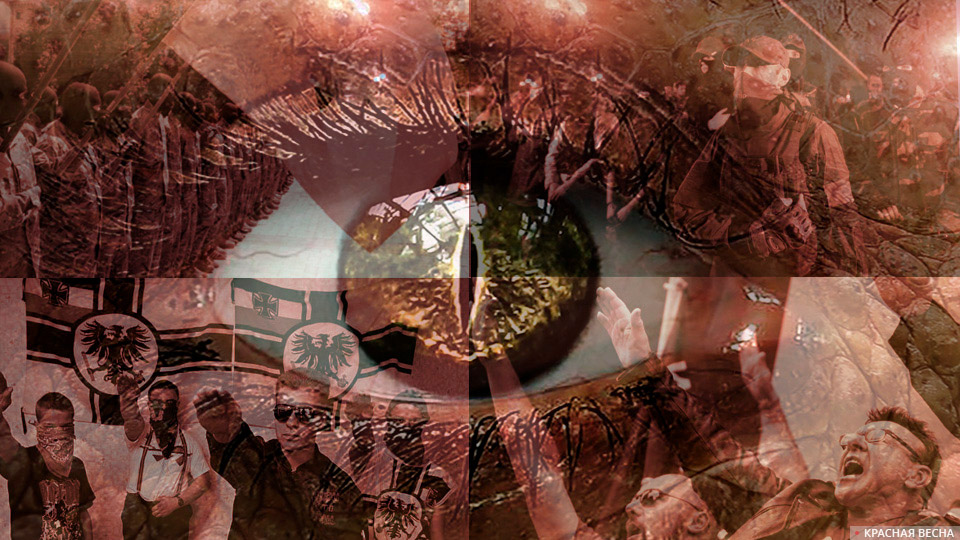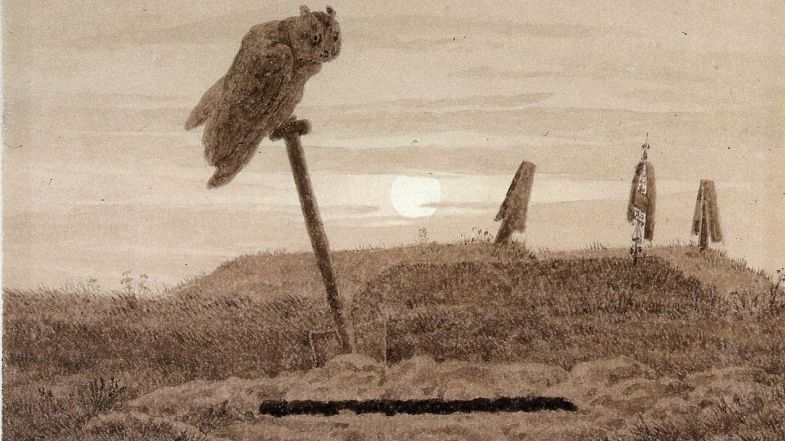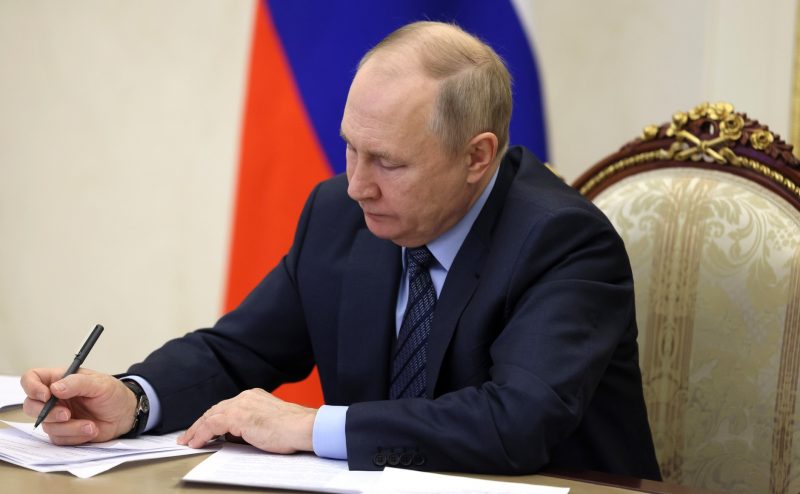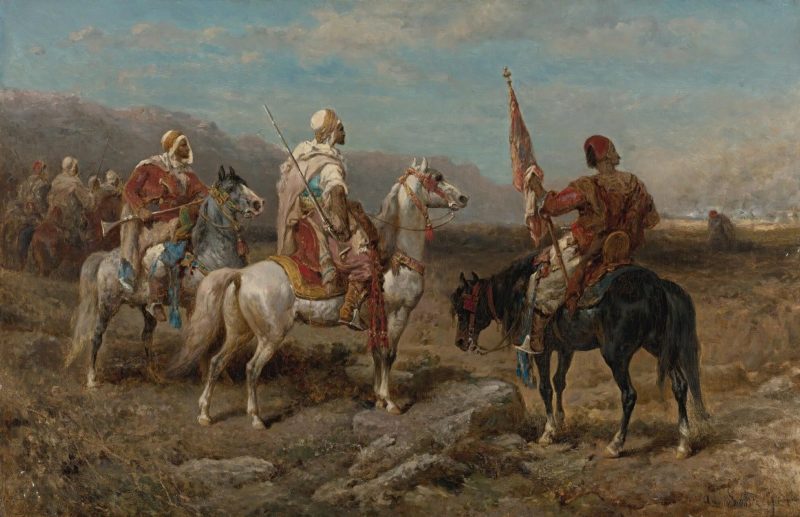13.05.2024, Aleksandrovskoye.
After the collapse of the Soviet Union and communism, an era of emptiness came, an organic element of which is Nazism, the leader of the Essence of Time movement, philosopher and political scientist Sergey Kurginyan said on May 9 in his celebratory address.
“An era of emptiness began beyond the collapse of the Soviet Union and communism. As long as the Soviet Union and the communist ideology existed, there was no end of history, and thus there was no absolute rise of emptiness with the metaphysics of the will to power, dominance for the sake of dominance, and the power of the master over the slave ensconced inside it,” Kurginyan said.
However, the post-Soviet Russia rejected all this.
“When Russia, that was brought to a condition suitable for integration into a certain Western civilization (into the civilization of death), suddenly rebelled and said no to all this, two feelings appeared: happiness from the fact that this has been said, and concern regarding how this statement is to be aligned with our existence, with our way of life,” Kurginyan said.
The political scientist pointed out conservatism, its interpretation, and its role in the forming of a new way of being in Russia.
“In the formation of this way of being, some signs of our period suggest that absolutely decisive, in my opinion, fundamental constants are still not clear enough. One of them is this notorious conservatism, which is acceptable in principle, and which is interpreted absolutely incorrectly,” Kurginyan said.
The philosopher said that conservatism and liberalism in their classical form competed with each other regarding what is to be taken as priority, progress or tradition.
“We give 80% of our admiration and effort to tradition and 20% to progress, or vice versa, 80% to progress and 20% to tradition? No one questioned the need for unity between traditions and progress. A discussion only was about the proportion between of one and the other. The liberals said that the most important thing was progress, the conservatives said it was tradition. At the same time, the liberals admitted that, although progress was the priority, tradition was important as well! And the conservatives said, yes, tradition is the priority, but we would never deny progress!” the political scientist told.
This resulted in a consensus of liberal and conservative parties, and a sort of a not quite ugly bourgeois society appeared.
“Now this consensus is gone. So, when we are talking about conservatism, what exactly are we talking about? About something addressing to the great classics of the bourgeois era? Or about something else? When we say ‘tradition’ what do we mean? Our historical tradition or some abstract Tradition with a capital T, whatever it is and whatever it addresses to? When we are talking about the priority of tradition as the key basis of conservatism, do we cancel progress?” Kurginyan asked.
Answering these questions, the political scientist stressed that, when it is about “our conservatism,” it is the right, classical conservatism based on the unity of tradition and progress.
“It does not deny progress, and it is about the tradition that we have. It does not make up any ‘primordial tradition’ and stupid things like that. It says about the historical tradition that we have,” the political scientist said.
Source: Rossa Primavera News Agency




